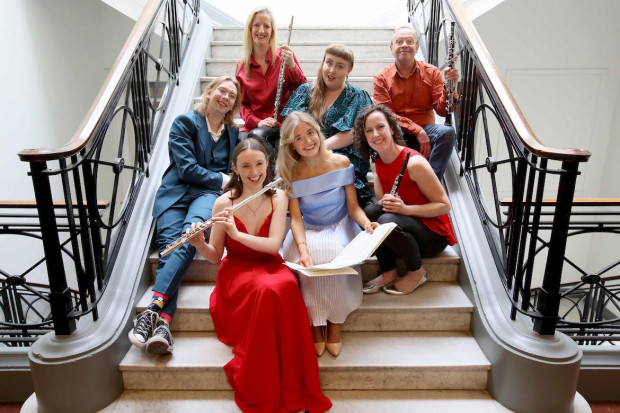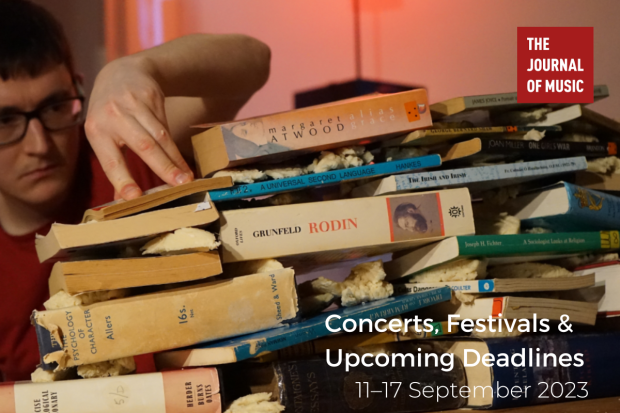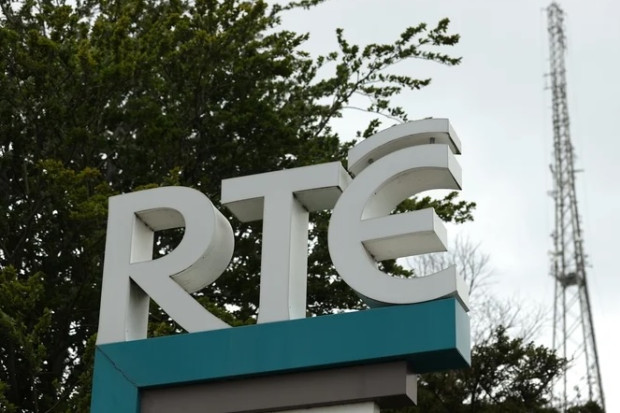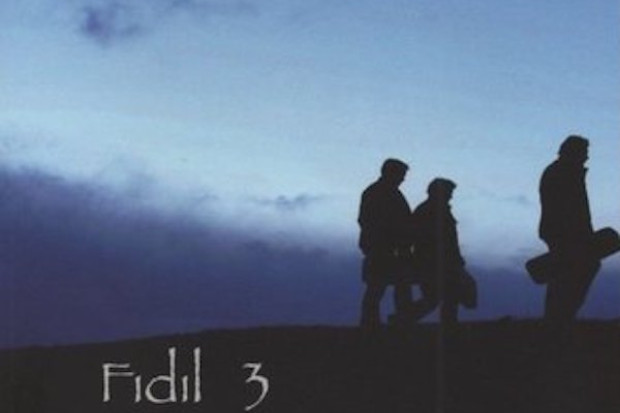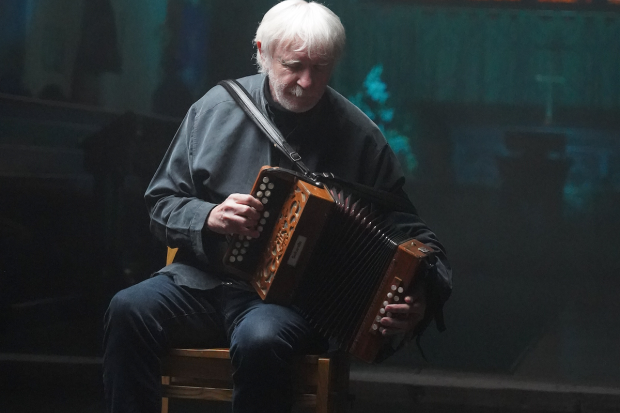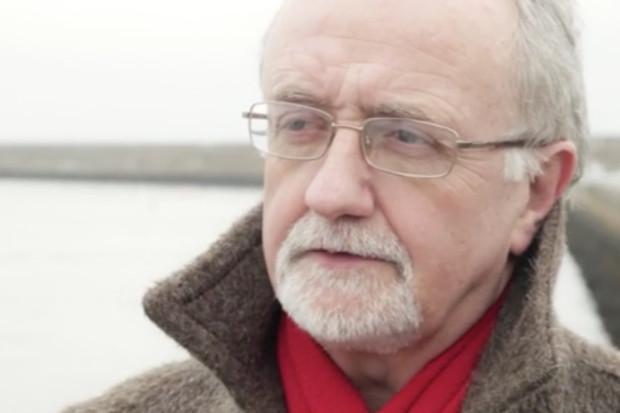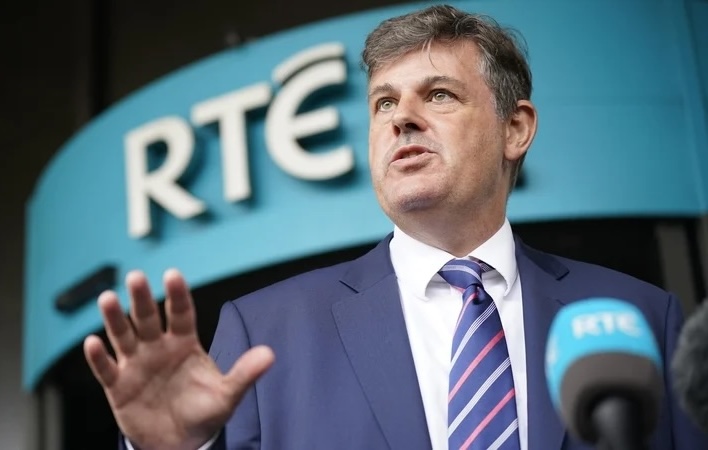
Kevin Bakhurst, Director General of RTÉ (Photo: RTÉ)
If RTÉ Won’t Speak Up About Its Importance to Irish Music, Who Will?
It is noticeable in RTÉ’s new vision document, A New Direction for RTÉ, which was published this week and unlocked €56m of additional funding from the government, that of the 36 photos appearing in the manifesto, 25% of them are of musicians. From the rock band Thumper to the RTÉ Concert Orchestra, from the singer Mary Black to Seán Monaghan of the Máimín Cajun Band and accordionist Johnny Óg Connolly, the colour-tinted images clearly illustrate the role that RTÉ plays in music in Ireland.
And yet, within the actual text, this fact seems obscured. There is no section dedicated to music. Reading the document, you would not know how deeply RTÉ is connected to the Irish music scene. Maybe it is wary of talking up its music role because of recent experiences (the €2.2m loss on Toy Show The Musical and losing the National Symphony Orchestra would make any organisation risk averse). But RTÉ and all its stations, despite everything, are still the largest and most powerful ally that the Irish music scene has. Music and broadcasting go hand in hand. And Irish music, in its many incredible manifestations, is not an art form without some considerable power, nationally and globally. Why then would the national broadcaster not want to highlight its close association to it, and emphasise that connection at every opportunity? We can only speculate, but the fact that there is no musical expertise on the new RTÉ Board, and no higher executive with sole responsibility for music, cannot help.
The word ‘music’ actually appears just three times in the 32 pages of A New Direction for RTÉ, and it is buried beneath vague, familiar managerese. RTÉ will ‘[evolve] new entertainment and music formats’, ‘grow the audience for RTÉ Lyric FM, Ireland’s classical music and arts station, with a particular focus on younger audiences’, and deliver ‘music and original podcasts from a new dedicated production unit’ on a revamped RTÉ radio app, while closing the digital stations RTÉ 2XM and RTÉ Pulse. It also says it will ‘harness the potential of the RTÉ Concert Orchestra’ (what does that mean?), but there is little attention given to how multifaceted RTÉ’s music output is. If you happened to catch Jessie Buckley singing Sinéad O’Connor with the RTÉ orchestra on Culture Night, or the Corn Uí Riada sean-nós competition at the beginning of the month, or Denise Chaila and The Scratch on Ireland 100: An Old Song Re-Sung two weeks ago, or Composer Lab this week, or if you listen to 2XM or Pulse, you will understand what I mean.
A leading role
What is missing in this document is a renewed vision for its music output. The Irish music scene should collectively prise open this vision document and insist on the following line being added: ‘RTÉ will continue to play its leading role in music in Ireland through its four FM radio stations, television programmes, awards, archives and orchestra and seek to grow its position as a global hub for the broadcasting of music from Ireland.’ That should be the minimum, but what does it mean that it is not there?
Despite this missed opportunity, there is some interesting and potentially positive news for music in this document.
Firstly, there will be a 50% increase in commissioning from independent production companies across Ireland. This could lead to a relative boom in the sector and it means much more opportunities for production houses that specialise in music, and therefore more opportunities for musicians. From Stiúideo Cuan to Black Gate Productions, who have already provided a range of quality programming to TG4, this could lead to a new diversity in music programming on RTÉ.
Secondly, the Irish-language pop station for young people aged 15 to 34 that was first mentioned by RTÉ in 2015 and then dumped, finally seems to be on some kind of forward trajectory. RTÉ says: ‘We fully support the upcoming comprehensive [Future of Media Commission] review, where our contribution could include the launch of a digital Irish language radio station for listeners aged 15–34.’ In reality, this initiative needs an FM station. RTÉ is closing a number of digital stations so why does it think that an Irish-language digital station will fare better? Still, it is at least forward motion for this idea, and it could have an important impact on songwriting in Irish and also create opportunities for young presenters.
Despite these two positives, it would be easy for the music community to feel downhearted reading this document, simply because music receives so little attention. There is small evidence that RTÉ recognises its centrality to music in Ireland – or how reliant its broadcasting from day to day is on the work of the Irish music sector. RTÉ’s infrastructure, from Radio 1, 2FM, Lyric and Raidió na Gaeltachta to the Concert Orchestra, Folk Awards, Choice Music Prize, 2FM Rising and archives, are key parts of the Irish musical ecosystem, but the broadcaster’s current path, where it is overlooking this musical significance, is worrying. If RTÉ isn’t willing to speak up about its music output, then the Irish music community should, before it is too late.
RTÉ is seeking the views of the public on A New Direction for RTÉ. The deadline is Tuesday 5 December. To complete the survey, see here. Download the full document below.
Subscribe to our newsletter.
Published on 16 November 2023
Toner Quinn is Editor of the Journal of Music. His new book, What Ireland Can Teach the World About Music, is available here. Toner will be giving a lecture exploring some of the ideas in the book on Saturday 11 May 2024 at 3pm at Farmleigh House in Dublin. For booking, visit https://bit.ly/3x2yCL8.










